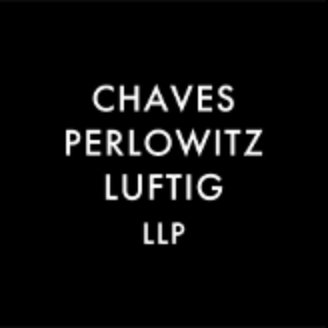Memorandum for Landlords and their Agents
In the nearly eight months since New York State passed sweeping rent reform laws, the Department of State (DOS) has issued three “Guidance Memoranda.” These memoranda were aimed at providing clarity of the “can and can’t do’s” for landlords and their agents operating under the new laws. What resulted however is greater confusion than ever before.
Our advice to our clients has consistently been to steer clear of any potential liability and always err on the side of caution. Nobody wants to be the first landlord the court uses as an example to litigate an issue which needs clarification. Our entire real estate team is here to serve as a resource in helping landlords and brokers untangle the new laws and regulations while minimizing any risks you may encounter during your day-to-day course of business.
Below are some important points Landlords and their agents should be aware of:
Security deposits are capped at an amount equal to one month’s rent. Pet deposits are eliminated entirely although landlords can increase rent for those who have pets. The restriction on deposits includes rent advances or any other form of an “upfront payment.” Landlords must also indicate, either on the lease itself or an accompanying rider, the name address, and phone number of the bank where the deposit is being held.
One area of confusion in which the memoranda did, in fact, provide clarity was how to handle tenants who had deposited more than one month’s security deposit as permissible under the old laws. The DOS stated that in such cases, it will not seek to impose discipline against a landlord or its agent for continuing to hold on to such deposit.
The deposit must be returned to the tenant within 14 days of the tenant vacating the apartment (not the lease expiration date). Should any amount of the deposit be withheld by the landlord for damages caused to the unit, an itemized invoice must be provided to the tenant outlining these damages and associated costs.
Late fees are capped at the lesser amount of either 5% of the total monthly rent or $50.
Unfortunately, the memoranda did little to clarify the question of charging late fees under a lease signed prior to the new laws. The memoranda simply stated that the DOS “will not seek to impose discipline against a licensee acting as a landlord’s agent who continues to impose/collect late permissible fees, but an agent should not seek to collect a fee greater than allowed under the Acts.” This provides very little clarity and we would certainly advise against anyone charging more than the permissible amount under the new laws.
The landlord and its agent are prohibited from collecting an application fee greater than $20 from any individual applicant. This $20 limitation includes any fees associated with conducting background and/or credit checks. Furthermore, if a prospective tenant provides a credit report which was conducted within 30 days of the application, the landlord and its agent are prohibited from collecting any costs associated with running a credit report.
Should the landlord wish to terminate the tenant’s lease or increase the monthly rent by 5% or more, written notice must be provided to the tenant (via certified mail along with proof of mailing) according to the following schedule:
- If the tenant has been living in the unit for less than 1 years: 30 days’ notice
- If the tenant has been living in the building between 1 and 2 years: 60 days’ notice
- If the tenant has been living in the building for more than 2 years: 90 days’ notice
Regardless of the approach, it is important for landlords to tackle these issues head-on and get a leg up on those who are still grappling with how to handle these new restrictions. Making sure you are in complete compliance with all the new (and ever changing) rent reforms can go a long way in mitigating any financial loss suffered as a result of the new laws.
David Goldfischer, Esq.
Direct: (212) 897-5691
Email: dzg@cpllawfirm.cwdevelop.com
Attorney Advertising
Information Only
Prior results do not guarantee future success

Chaves Perlowitz Luftig LLP is one of the most highly regarded real estate and estate planning firms in New York City. Our team of top-rated real estate attorneys and estate planning lawyers have extensive knowledge, resources, and connections to help you achieve your goals and plan for the future.
